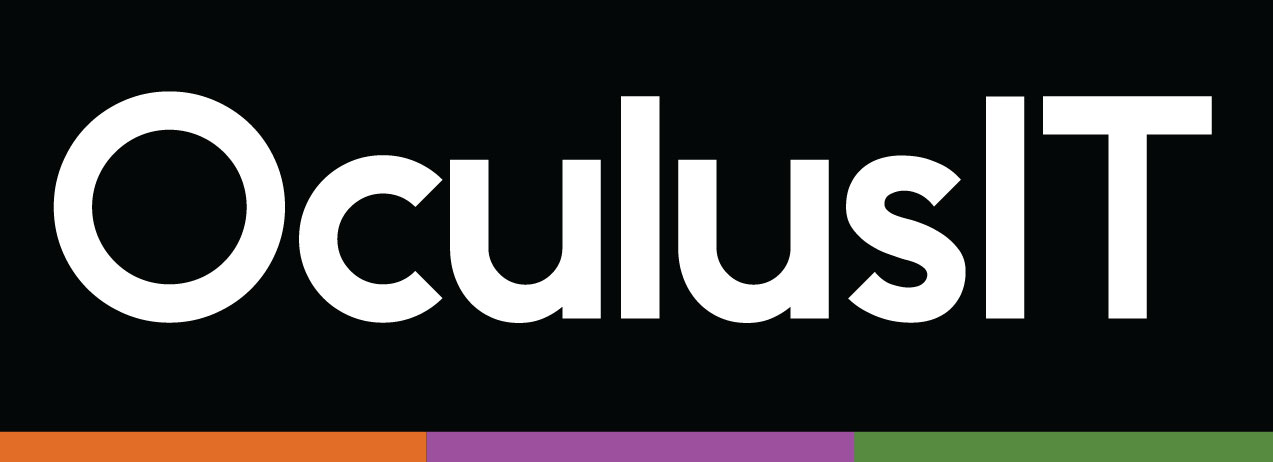
5 Key Takeaways on AI’s Strategic Role in Higher Education IT – Webinar Recap
March 31st, 2025
OculusIT recently partnered on a webinar highlighting AI and it is transforming the landscape of higher education. We were joined by Chris Uthe, Chief Product Officer at BlackBeltHelp, and Dr. Karl Horvath, a Chief Information Officer in higher education. The conversation delved into how AI is reshaping the role of CIOs, strategic shifts institutions need to make, and the broader implications for higher education. With AI Literacy listed as the no. 1 fastest growing skill, staying on top of AI trends and integrating AI literacy at all levels of the organization is crucial to thriving with emerging technologies. Here are eight key takeaways from the insightful discussion.
1. The Evolving Role of CIOs
Dr. Horvath emphasized that the role of CIOs has significantly evolved over the years. Initially, CIOs were primarily technology experts, but now they are integral business partners within institutions. “The CIO now is understanding the technologies and partnering with all the leadership and all the department heads and all the functional units to learn more about what they do,” he shared. This shift requires CIOs to have a broader perspective and understanding of not just technology but also its impact on students and business processes.
2. Empowering Students, Faculty, and Staff
Technology, including AI, can empower not just IT staff but also students, faculty, and staff. Dr. Horvath pointed out, “Technology can empower not just your staff if you’re managing a staff of an IT department but students, faculty, and staff too.” The success of AI integration lies in its delivery, support, and maintenance, ensuring it is flexible and agile enough to meet the changing demands of the institution.
3. The Importance of Data Quality
Uthe discussed the strategic shifts institutions need to make to harness AI effectively. He emphasized the importance of data management, stating, “AI is sort of the next generation or the next thing that you need to be aware of will be handling data on your campus.” Institutions must ensure their data is accurate and well-managed, as AI will increasingly take actions based on this data.
One of the critical points raised was the importance of data quality. Uthe highlighted the concept of “garbage in, garbage out,” explaining that if AI is to take action on data, the data must be good. He said, “If the AI is going to be able to take action on your data, is your data good? Do you have good rules in place?” Ensuring high-quality data is essential for effective AI implementation.
4. Implementing Guardrails for Ethical AI
The discussion also touched on the importance of implementing guardrails for ethical AI use. Dr. Horvath stressed, “It is important to make sure that we adopt a privacy-first approach so that our students, faculty, and staff can trust the technologies they use.” This involves setting policies and procedures around AI and data governance to ensure security and privacy. Uthe added, “AI at the moment is sort of like an intern … everything it does should be taken with a grain of salt and a review.” Institutions must have checks and balances in place, including human oversight, to ensure AI’s actions are appropriate and beneficial.
Dr. Horvath highlighted the need for balancing innovation with privacy. He stated, “We have to take our AI tools and make sure we have those checks and balances in place, especially when it comes to data.” This involves working closely with academic units to ensure that data privacy is maintained while leveraging AI for personalization and operational efficiency. Institutions must adopt a privacy-first approach to build trust among students, faculty, and staff.
5. Experiment Locally with AI
Uthe encouraged institutions to experiment with AI tools locally. He said, “First and foremost, don’t be afraid to play with it locally. You can do a lot of things locally on a modern computer.” This approach allows institutions to understand AI’s capabilities and limitations without security concerns.
He also stressed the importance of evaluating AI applications on campus. He noted, “Taking inventory of all the applications on campus that have AI built in… Having a handle on those applications and knowing which ones are doing what is important.” This helps ensure data control and security and understand the implications of their use.
Conclusion
The webinar provided valuable insights into the transformative role of AI in higher education IT. From the evolving role of CIOs to the strategic shifts needed for effective AI integration, the discussion highlighted the importance of AI literacy, data quality, ethical guardrails, upskilling employees, and balancing innovation with privacy. As higher education continues to evolve, embracing AI will be key to empowering students, faculty, and staff, and driving institutional success.
To learn more about how your institution can implement AI tools and technology, contact us today.
Recent Articles


What Happens When Students Bring Malware to Campus?
March 24th, 2025

Opportunities and Challenges for Higher Ed’s Tech Leaders
March 17th, 2025

How can Higher Ed Institutions Effectively Evaluate HECVAT?
March 10th, 2025




